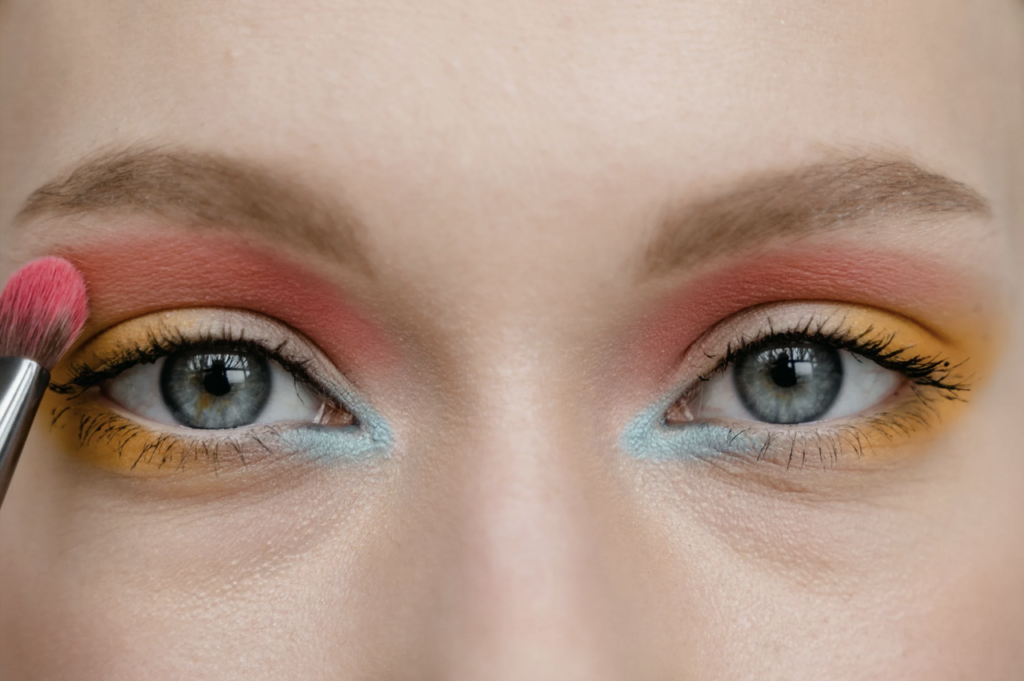Are you an entrepreneur looking to import cosmetics from China to the United States? Or perhaps a business owner seeking to expand your product range with Chinese cosmetics? The process may seem daunting, with a maze of regulations, paperwork, and potential pitfalls. But fear not! This guide is here to help you navigate the complexities of importing cosmetics from China to the U.S., and to address your concerns and uncertainties.
To import cosmetics from China to the U.S., partner with a reliable supplier, understand FDA and CBP regulations, prepare necessary documents, comply with FDA regulations, ensure correct labeling, determine import duty, consider working with a customs broker, and understand organic cosmetics rules if applicable.
Step-by-Step Guide to Importing Cosmetics from China to the United States
Step 1: Partner with a Reliable Supplier
Before you start the import process, ensure you’re working with a reliable supplier. This is crucial as they will be responsible for providing the necessary documents for clearance formalities. For a comprehensive guide on sourcing and importing from China, consider checking out CosmeticsSourcing’s Import from China Guide, which can provide you with additional insights and tips on the process. You can choose to be the Importer of Record (IOR), or your supplier can make the import declaration. If you’re not a corporation, your importer number will be your Social Security Number.
Step 2: Understand FDA and CBP Regulations
The Food and Drug Administration (FDA) and Customs and Border Protection (CBP) are the two main regulatory bodies you’ll deal with when importing cosmetics. The FDA regulates the safety and labeling of cosmetics, while the CBP oversees the import process. Ensure you’re familiar with the regulations of both agencies to avoid any issues during import.

Step 3: Prepare Necessary Documents
You’ll need to provide several documents to import cosmetics into the U.S., including:
- A commercial invoice
- A packing list
- A Bill of Lading (BOL)
- An arrival notice
- A customs bond
These documents must be submitted within five business days of the goods arriving at the CBP. If the paperwork is not submitted within 15 business days, the goods are transferred to a General Order warehouse, and you’ll be responsible for storage fees.
Step 4: Comply with FDA Regulations
While cosmetic products generally do not require FDA approval before they can be imported, there are exceptions. All color additives used in cosmetics must be approved by the FDA prior to importing. Additionally, if a product is marketed to cure, treat, or prevent any kind of disease or condition, then it is also considered a drug and will need to be approved by the FDA prior to being imported.
Step 5: Ensure Correct Labeling
Proper labeling is crucial when importing cosmetics into the U.S. The Federal Food, Drug, and Cosmetic Act of 1938 prohibits deceptive information on labels to ensure public safety. If statements on the label are misleading, false, unclear, or confusing, your shipment likely won’t be allowed through customs.

Step 6: Determine Import Duty
When filling out paperwork for your import, you’ll need to know the Harmonized Tariff Schedule (HTS) code for your product. This code allows the CBP to calculate the import duty on your shipment. Using the wrong code can cause problems with CBP, and your shipment won’t be allowed through customs until the mistake is corrected.
Step 7: Consider Working with a Customs Broker
Given the complexity of the import process and the potential for costly mistakes, many importers choose to work with a Customs Broker. These professionals can help ensure that all paperwork is completed correctly and that you’re complying with all relevant laws and regulations.
Step 8: Understand Organic Cosmetics Rules (If Applicable)
If you’re importing organic cosmetics, you’ll need to follow specific guidelines. The U.S. Department of Agriculture (USDA) regulates organic products. To include the USDA organic seal on the cosmetics label, the ingredients must meet the USDA’s standards for organic ingredients, and the finished product must be certified by a USDA agent.
What do you need to do before importing cosmetics to the United States?
Understand FDA Regulations
The FDA regulates cosmetics under the Federal Food, Drug and Cosmetic Act (FD&C Act). Cosmetics must not be adulterated or misbranded. They must be safe for consumers under labeled or customary conditions of use, and they must be properly labeled. Any color additives they contain must be approved for the intended use, and some must be from batches certified in FDA’s own labs. Packaging and labeling must not be deceptive. If you manufacture or market cosmetics, you have a legal responsibility for the safety and labeling of your products.
Product Approval and Testing
The law does not require cosmetic products and ingredients, except for color additives, to be approved by FDA before they go on the market. However, cosmetics must not be adulterated or misbranded. This means that they must be safe for consumers when used according to the labeling, or as people customarily use them, and they must be properly labeled. You are legally responsible for ensuring that your product is safe when it is used according to labeled directions, or in the way it is customarily used.

Labeling Requirements
The FD&C Act requires cosmetic labels to identify the name and place of business of the manufacturer, packer, or distributor. By regulation, this includes the street address, city, state, and ZIP code, although you may omit the street address if your firm is listed in a current city or telephone directory. You may use the main place of business instead of the actual place where the cosmetic was manufactured, packed, or distributed, unless such a statement would be misleading.
Register Your Business
Before you can import cosmetics from China, you’ll need to register your business. The Small Business Administration (SBA) can provide guidance on this process. You’ll also need to obtain any necessary licenses or permits from state or local authorities.
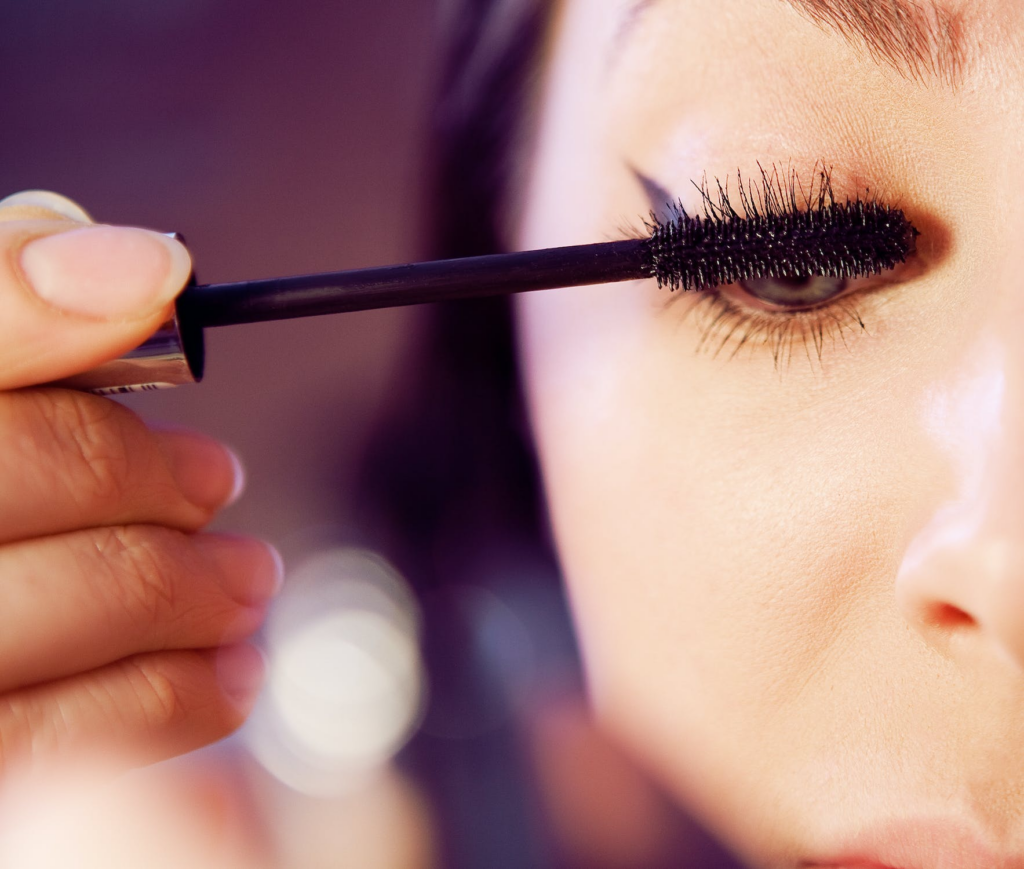
Understand Local Requirements
You will need to contact your state and local authorities for specific information on starting a cosmetics business. The Small Business Administration can also help with this.
Importing Process
Once you’ve ensured your products meet FDA regulations and you’ve registered your business, you can begin the process of importing cosmetics from China. This will involve finding a reliable supplier, arranging shipping, and dealing with customs procedures.
What does your cosmetic brand need to know before it enters the distribution channel?
Amazon
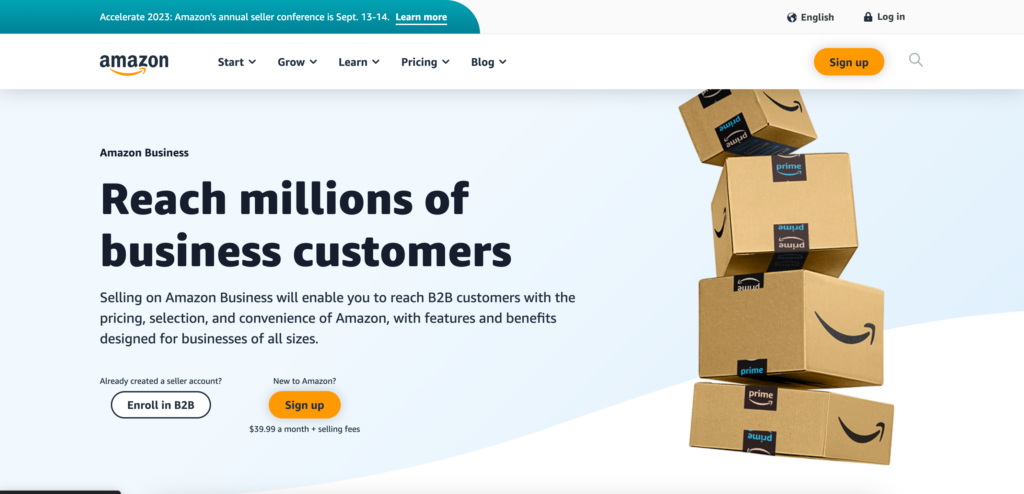
- Amazon requires sellers to provide detailed product information, including ingredients, safety warnings, and any other relevant information.
- You need to get approval to sell beauty products on Amazon. This involves providing invoices from your suppliers, a letter from the manufacturer, and possibly samples of your products.
- Amazon has strict rules about product images and descriptions, so make sure your listings comply with their guidelines.
- Amazon’s FBA (Fulfillment by Amazon) program can make logistics easier, but it comes with its own set of rules and fees.
eBay
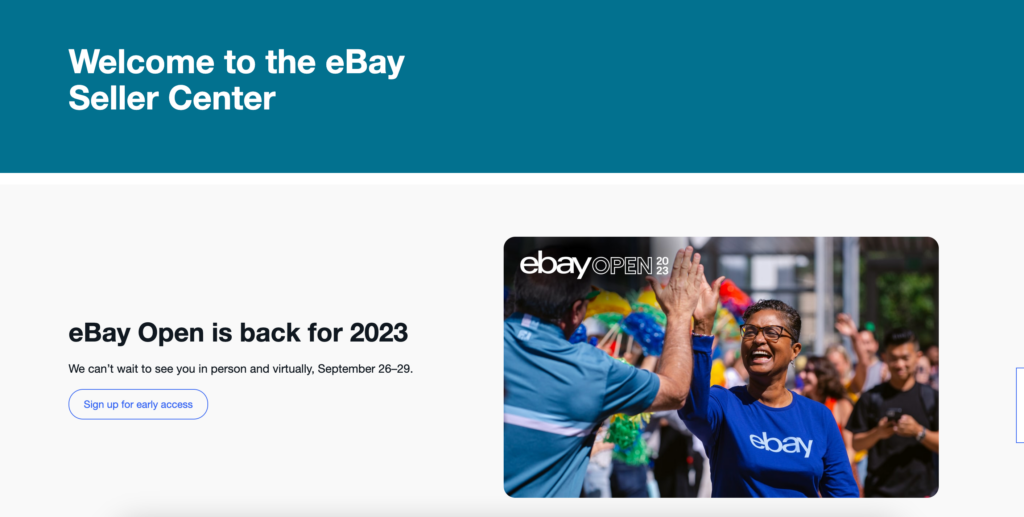
- eBay prohibits the sale of used cosmetics, so make sure your products are new and unopened.
- You need to provide accurate descriptions and clear photos of your products.
- eBay’s VeRO program protects intellectual property rights, so make sure you have the right to sell your products.
Walmart
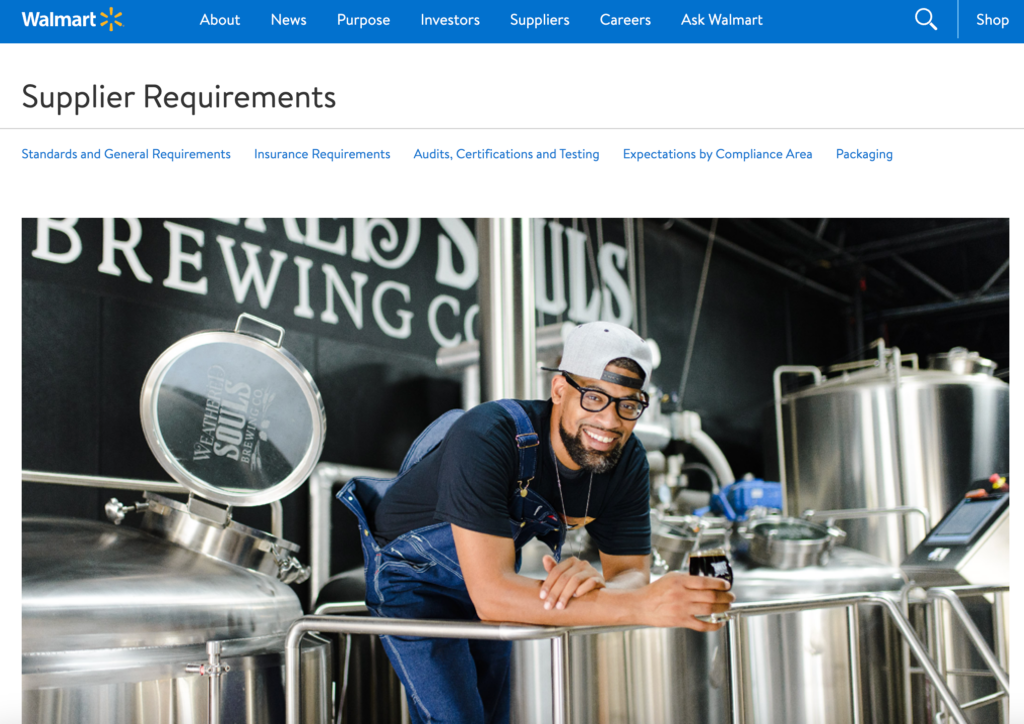
- Walmart requires suppliers to meet their ethical and responsible sourcing standards.
- You need to provide detailed product information, including UPC codes and product attributes.
- Walmart prefers suppliers who can drop ship orders directly to customers.
Ulta
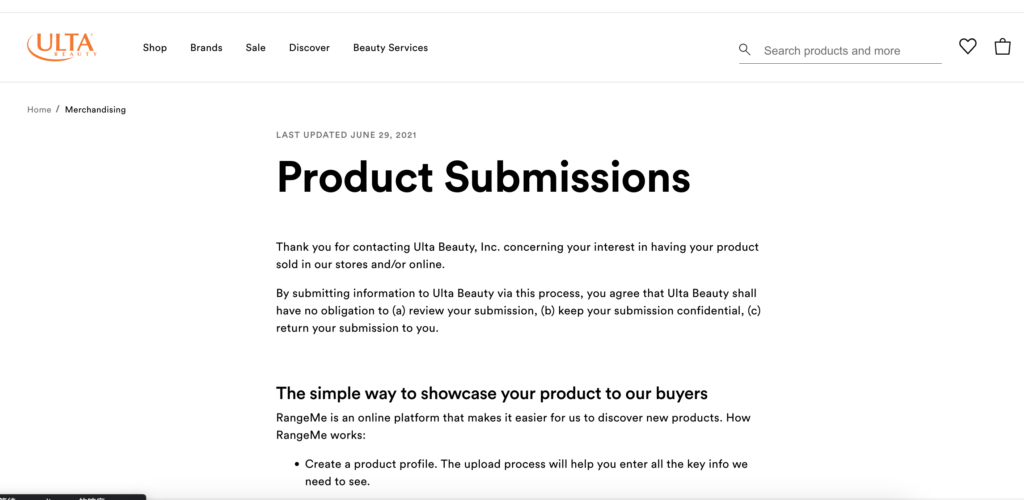
- Ulta uses an online platform called RangeMe to discover new products. You can create a product profile on RangeMe, and your product will be matched with the right category buyer.
- Ulta has a particular interest in emerging brands and has a program called SPARKED to nurture these brands.
- Ulta buyers are looking for brands with momentum, trending product categories, and brands that cater to a Gen Z customer base.
- Ulta also has a strong focus on diversity, equity, and inclusion, and is looking to increase its assortment of Black-owned brands.
Social Media Platforms:
Social media platforms such as Instagram and Facebook have evolved into vibrant shopping destinations. They allow businesses to sell products directly through their platforms. It’s akin to setting up a stall in a busy social gathering spot, where the gathering’s rules must be followed. Each platform has its own commerce policies that you need to adhere to.
Physical Stores:
If you have a brick-and-mortar store, you can, of course, sell your cosmetics there. This traditional method requires you to comply with local business regulations, health and safety standards, and any other laws applicable to physical retail locations.
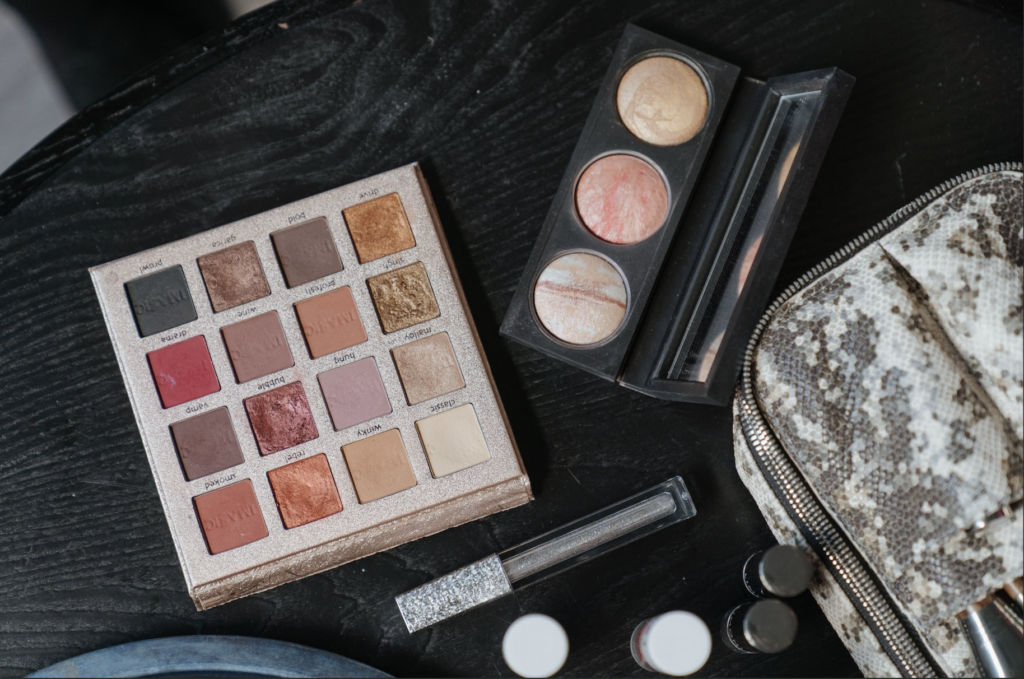
Beauty Salons or Spas:
Partnering with beauty salons or spas can be a great way to showcase your products to a targeted audience. It’s like having a dedicated display in a place where people are already thinking about beauty and skincare. However, these establishments usually have quality standards that your products must meet.
Subscription Boxes:
Subscription box services like Birchbox or Ipsy are popular with consumers who love discovering new products. It’s like getting your product included in a gift box that’s sent out to eager customers each month. To get your products featured, you’ll need to negotiate a deal with the subscription box company.
Wholesale:
Selling your cosmetics wholesale to other businesses, who then sell them to consumers, can be a way to move large quantities of product. It’s like selling your products in bulk to a retailer who then sells them individually. This usually requires offering your products at a lower price to make it profitable for the wholesaler.
